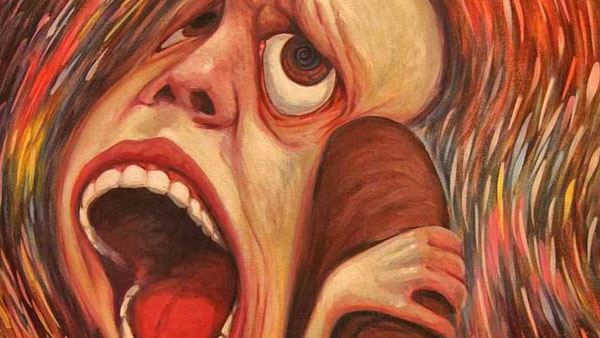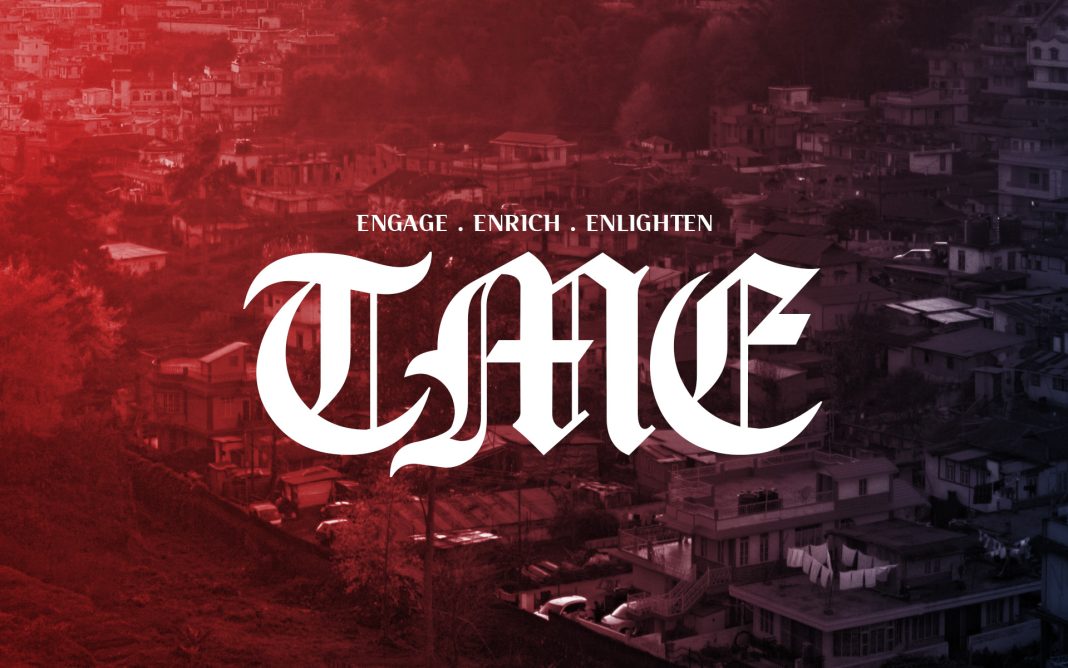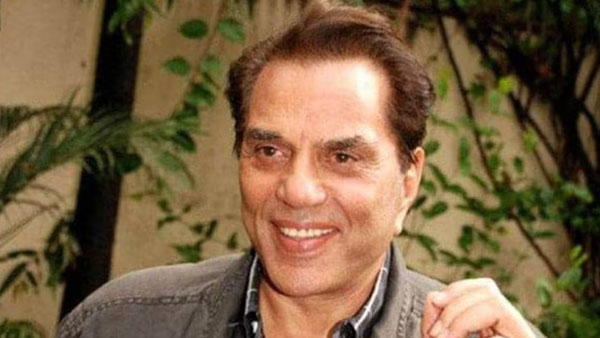By Satyabrat Borah
The world feels more dangerous today, not because wars between nations happen every day, but because ordinary people sometimes pick up a gun or a knife and kill strangers. We call them terrorists, lone wolves, or madmen, but something deeper is moving beneath the surface. Many years ago, the mystic Osho looked at this darkness and said something uncomfortable: the violence we see now is not new. It is very old. It is the hunter waking up inside a modern man.
Long before we built cities, farms, or temples, human beings survived by hunting. For thousands of generations we tracked animals, threw spears, felt the rush of blood when the prey fell. Meat was life. Killing was part of getting dinner. That long history did not vanish when we started growing wheat and keeping cows. It sank into the cellar of the mind, into the unconscious, and it still whispers to us. Osho believed every man carries the memory of the hunter, and every now and then the hunter wants to come out and play.
For most of history the hunter had a playground: war. Every ten or fifteen years nations would fight. Young men would march away, scream, destroy, burn, and come home either as heroes or in boxes. The rage that had been building up inside millions of people found a valve. War was horrible, but it worked like a pressure cooker release. When the fighting stopped, people felt strangely lighter for a while. They rebuilt houses, planted crops, made babies, and pretended to be civilized again until the next explosion.
Then something changed. We invented weapons that can wipe out entire cities in minutes. Nuclear bombs made big wars between powerful countries almost impossible. No leader wants to press the button that ends the game for everyone. So the old style of war, the kind that used up all that stored anger, became too dangerous. The governments stopped providing the usual safety valve.
But the anger did not disappear. The hunter did not go back to sleep. He just changed his clothes. Instead of armies clashing on battlefields, individuals started acting out the old script. One person with a truck, a knife, or a homemade bomb can now create the same terror that once needed thousands of soldiers. The scale is smaller, but the feeling is the same: the joy of destruction, the thrill of watching something fall apart, the sense of power when life suddenly becomes cheap.
Osho said this shift was inevitable. When you take away the big outlet, the steam finds smaller holes. Terrorism, in this view, is war gone private. It is the hunter operating without permission from the state. And because nuclear weapons have frozen the old game, the new game can only grow. It will appear in airplanes, trains, cafes, concert halls, and one day perhaps just on quiet streets where a stranger decides today is the day to let the ancient violence out.
Most of us are shocked when we hear about another attack. We ask why. We look for political reasons, wounded pride, bad ideology, poverty, or revenge. Those things matter, but Osho pointed to something more basic. Underneath the slogans and manifestos there is a man who enjoys the act itself. He may say he is fighting for freedom or God or justice, but part of him is simply happy to see blood flow. Beautiful words become masks for an ugly impulse that has been with us since the first stone-tipped spear.
The scariest part is that this impulse lives in all of us to some degree. We are split inside. On the surface we have been taught to be kind, polite, peaceful, and spiritual. Religions and schools drilled those lessons into us. Yet deep down the older programming still runs. We condemn violence in others while secretly enjoying violent movies, sports, even arguments. We are living in disagreement with ourselves, and that tension has to go somewhere.
Osho believed the real criminals are not the terrorists we catch on the news. The real criminals are the systems that made rejoicing difficult. For thousands of years priests and moralists condemned pleasure. Dance was sinful, laughter was frivolous, the body was dirty, sex was shameful. They cut us off from the small, natural joys: good food, warm sun, music, friendship, love. When you block all the gentle ways to feel alive, people will reach for the violent ways. A man who cannot celebrate life will eventually celebrate death.
Look at children. They run, shout, wrestle, laugh until their stomachs hurt. Joy is their natural state. Then grown-ups teach them to sit still, lower their voices, feel guilty for wanting dessert or a kiss. By the time we are adults most of us have forgotten how to feel intensely happy without paying a price. The only intense feeling still allowed, sometimes even praised, is anger. Anger feels powerful. Anger feels alive. So when the pressure builds too high, anger wins.
If we want less terrorism, we have to do something almost impossible: change human nature from the roots. We have to teach people again how to rejoice in harmless ways. We have to make life juicy instead of dry. Celebrate the body instead of punishing it. Celebrate love instead of fearing it. Celebrate creativity, music, dance, friendship, silence, meditation, anything that makes the heart sing without hurting anyone.
This sounds soft and dreamy next to armored cars and security cameras, but Osho insisted it is the only thing that works in the long run. You cannot fight the hunter with more hunters. More police, more laws, more bombs only feed the same energy on the other side. The hunter loves a chase. The only way to calm him is to give him something better than hunting.
Imagine a world where children grow up learning that pleasure is holy. Where schools have as many classes in dancing and singing as in mathematics. Where religions praise life instead of threatening people with hell. Where sex is seen as sacred energy instead of sin. Where silence and laughter are daily practices. In such a world there would still be anger, but it would have a thousand small outlets every day instead of one huge explosion every ten years.
Until that happens, the attacks will continue. They will become more ordinary, more random. The hunter does not need a big reason anymore. He just needs a quiet moment when no one is watching and the old blood starts singing in his veins. A crowded market, a school, a bus stop, anywhere will do.
We can build higher walls, install more cameras, search more bags, but walls only delay the pressure. One day it finds a crack. The real work is not in the streets with soldiers; it is inside human hearts. We have to make those hearts so full of light that darkness has no space left. That is a huge task, bigger than any government or army. Yet it is the only one that touches the real cause.
Osho ended his warning with a note of sadness. People love their chains, he said. They will fight anyone who tries to free them from guilt and fear because guilt and fear feel familiar. They will protect their misery the way a miser protects his gold. Changing humanity sounds noble, but the people you want to change will be the first to throw stones at you.
Still, a few will listen. A few will start dancing when they feel the anger rising. A few will choose laughter over revenge, love over hate, creation over destruction. If enough of us do that, one day the hunter will grow tired and lie down. Not because we killed him; we never could. But because we finally gave him something better to do than hunt. We gave him life in all its colors, and life, when it is fully tasted, is sweeter than any kill.




